SOLAR FOR HOMES
FREQUENTLY ASKED QUESTIONS
HOME SOLAR SYSTEM FAQ
Solar panels absorb sunlight through photovoltaic cells, which generate direct current electricity. An inverter then converts this direct current electricity into alternating current, which is compatible with household appliances and electrical grid.
Typical components include solar panels, inverters, mounting structures, and sometimes batteries for energy storage.
The size of the solar system depends on your energy consumption, roof size, orientation, shading, and local climate. Our team can assess your needs and recommend an appropriate system size.
The cost varies depending on the size of the system, equipment quality, and installation complexity.
A well-sized solar system can significantly reduce or even eliminate your electricity bill. However, energy consumption patterns and local regulations can affect the extent of savings.
Installation period varies depending on system size, roof type, and permitting requirements. On average, residential solar installations typically take anywhere from a few days to a few weeks to complete.
Solar panels require minimal maintenance, typically limited to occasional cleaning to remove dirt and debris. It’s also important to monitor the system’s performance regularly.
Most homes can accommodate solar panels, but factors such as roof orientation, shading from trees or buildings, and local regulations can affect suitability. Our team can assess if your home is suitable for solar installation.
BUSINESS SOLAR SYSTEM FAQ
Solar energy systems work by harnessing sunlight through solar panels, which convert sunlight into electricity. The solar panels absorb sunlight and generate direct current electricity, which is then converted into alternating current electricity by inverters for use in your business operations.
Installing solar energy system for your business offer numerous benefits such as:
- Significant cost savings on electricity bills
- Protection against future energy price fluctuations
- Potential revenue generation through excess energy production
The space required for a solar energy system depends on the system’s size, efficiency of the solar panels, and your business’ energy needs. Our team can conduct a site assessment to determine the optimal size and placement of solar panels for your business premises.
Accordion Co
Solar energy systems usually have a lifespan of 25-30 years. Solar panels often come with warranties ranging from 20 to 25 years, guaranteeing their performance and efficiency during that period. Regular maintenance and monitoring can help maximise the lifespan and performance of your solar system.
ntent
Return of investment varies depending on the size of the system installed, energy usage, available incentives, and local electricity rates. On average, you can expect to recoup your investment within 2 to 4 years.
OFF-GRID SOLAR SYSTEM FAQ
An off-grid solar energy system is a setup that operates independently of the main electrical grid. It generates electricity using solar panels and stores it in batteries for use when sunlight is not available.
Typical components include solar panels, batteries, inverters, and sometimes a backup generator.
The size of the solar system depends on your energy consumption, location, available sunlight, and the duration of backup power required.
With proper maintenance, off-grid solar systems can last for 20 to 30 years or more. Solar panels usually have warranties ranging from 25 to 30 years, while batteries may need replacement every 5 to 10 years depending on usage and type.
Off-grid solar systems can be installed in various types of properties, such as residential homes, businesses, cabins, RVs, and other remote agricultural or industrial sites.
Regular maintenance is required for off-grid solar systems, this includes cleaning solar panels, checking batteries, inspecting connections, and ensuring proper functioning of the charge controller and inverter.

